Various Artists, Leonard Bernstein - Bernstein: Mass - A Theatre Piece for Singers, Players and Dancers (1971/2017)
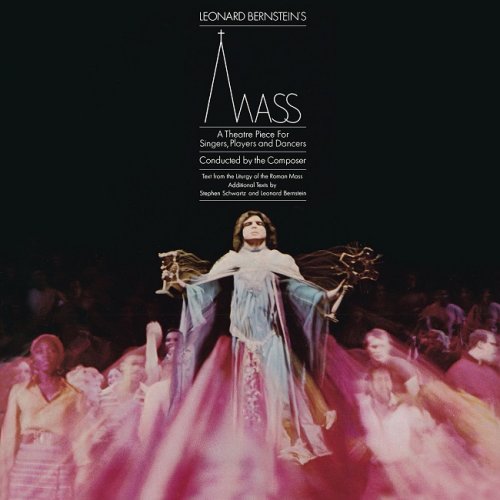
Artist: Barbara Williams, David Cryer, Ed Dixon, John D. Anthony, Jonathan Gram, Joy Franz, Margaret Cowie, Ronald Young, Norman Scribner Choir, The Berkshire Boy Choir, Leonard Bernstein
Title: Bernstein: Mass - A Theatre Piece for Singers, Players and Dancers
Year Of Release: 2017 (1971)
Label: Sony Classical
Genre: Classical
Quality: FLAC (tracks) [24Bit/96kHz]
Total Time: 01:48:22
Total Size: 2,25 GB
WebSite: Album Preview
Title: Bernstein: Mass - A Theatre Piece for Singers, Players and Dancers
Year Of Release: 2017 (1971)
Label: Sony Classical
Genre: Classical
Quality: FLAC (tracks) [24Bit/96kHz]
Total Time: 01:48:22
Total Size: 2,25 GB
WebSite: Album Preview
Leonard Bernstein’s Mass: A Theatre Piece for Singers, Players and Dancers is the composer/conductor’s most ambitious and most controversial work. Commissioned to create a stage production to inaugurate the opera house at the John F. Kennedy Center for the Performing Arts in Washington, D.C., on September 8, 1971, Bernstein, who had recently left his post as the music director of the New York Philharmonic Orchestra to spend more time composing, turned to the Roman Catholic mass as a structure to investigate issues of faith and doubt, and of the political and social upheavals of the era of the late ’60s and early ’70s. An outspoken eclectic who had already composed for the concert hall and the Broadway stage, he had also expressed admiration for contemporary pop and rock music, and he incorporated all these elements into this music, along with other styles. And, as he had with his successful Broadway musical West Side Story, he collaborated with a young songwriter on the lyrics, in this case 23-year-old Stephen Schwartz, who had written both music and lyrics for the similarly themed Off-Broadway musical Godspell. The large-scale work, incorporating a pit orchestra, an on-stage band, an adult choir, a boys choir, and a dance company in addition to the actual cast of singers and actors, actually had a simple premise. Although the American Catholic Church had recently abandoned celebrating the mass in Latin, Bernstein adopted the Latin text, with its cries of “Kyrie eleison!” (“Lord, have mercy!”) and “Agnus Dei” (“Lamb of God”), and he followed the usual course of a mass, with its prayers and sermon, leading up to communion. Instead of a priest, there was a “Celebrant,” who appeared on-stage initially in jeans with an acoustic guitar, singing “A Simple Song,” but then was invested with a priest’s garments. The formal parts of the mass were sometimes set to lively music, notably the “Prefatory Prayers,” played by a marching band out of John Philip Sousa. As the mass went on, its proceedings were infiltrated and interrupted by a series of “street” performers who sang in light rock and blues styles, using slangy language and expressing irreverent, skeptical, and, eventually, outright hostile attitudes toward the Celebrant and God. Near the end, the Celebrant himself suffered a sort of musical nervous breakdown before the congregation finally came together in a call for peace and understanding. As such, Mass was very much in the style of such recent predecessors as Hair, Jesus Christ Superstar, and Godspell in its attempts to reflect and reconcile the religious, cultural, and political rifts of its time. Predictably, it earned Bernstein criticism from those on either side of those rifts, largely ignored by the pop/rock audience that had sent Jesus Christ Superstar to the top of the charts earlier in the year (although it did reach number 53 in the Billboard pop LP chart), while offending some classical and religious figures. On purely musical terms, however, it contains some of Bernstein’s most exciting non-classical music, its songs tuneful, but with surprising turns and echoes of Candide and West Side Story. Schwartz and Bernstein’s lyrics (with a small assist from Paul Simon) are less impressive, but they manage to articulate the doubts and temptations that people of faith were encountering in modern society, circa 1971. In fact, the main flaw of the work as a dramatic effort may be that the problems were better articulated than the resolution, which seemed facile and tacked on. Conducted by the composer, this recording, featuring the original Kennedy Center cast, is an excellent representation of a unique composition that, because of its scale, is rarely performed. Alan Titus, in the role of the Celebrant, is particularly impressive.
Tracklist:
01. Mass A Theatre Piece for Singers, Players and Dancers: I. Devotions before Mass: 1. Antiphon: Kyrie eleison – 1:57
02. Mass A Theatre Piece for Singers, Players and Dancers: I. Devotions before Mass: 2. Hymn and Psalm: ‘A Simple Song’ – 4:43
03. Mass A Theatre Piece for Singers, Players and Dancers: I. Devotions before Mass: 3. Responsory – Alleluia – 1:09
04. Mass A Theatre Piece for Singers, Players and Dancers: II. First Introit (Rondo): 1. Prefatory Prayers – 5:14
05. Mass A Theatre Piece for Singers, Players and Dancers: II. First Introit (Rondo): 2. Thrice-Triple Canon – Dominus vobiscum – 0:35
06. Mass A Theatre Piece for Singers, Players and Dancers: III. Second Introit: 1. In nomine Patris – 2:01
07. Mass A Theatre Piece for Singers, Players and Dancers: III. Second Introit: 2. Prayer for the congregation. Chorale: ‘Almighty Father’ – 1:30
08. Mass A Theatre Piece for Singers, Players and Dancers: III. Second Introit: 3. Epiphany – 0:58
09. Mass A Theatre Piece for Singers, Players and Dancers: IV. Confession: 1. Confiteor – 2:19
10. Mass A Theatre Piece for Singers, Players and Dancers: IV. Confession: 2. Trope: ‘I Don’t Know’ – 1:42
11. Mass A Theatre Piece for Singers, Players and Dancers: IV. Confession: 3. Trope: ‘Easy’ – 5:15
12. Mass A Theatre Piece for Singers, Players and Dancers: V. Meditation No. 1 – 5:09
13. Mass A Theatre Piece for Singers, Players and Dancers: VI. Gloria: 1. Gloria tibi – 1:48
14. Mass A Theatre Piece for Singers, Players and Dancers: VI. Gloria: 2. Gloria in excelsis – 1:14
15. Mass A Theatre Piece for Singers, Players and Dancers: VI. Gloria: 3. Trope: ‘Half of the People’ – 0:58
16. Mass A Theatre Piece for Singers, Players and Dancers: VI. Gloria: 4. Trope: ‘Thank You’ – 2:46
17. Mass A Theatre Piece for Singers, Players and Dancers: VII. Meditation No. 2 – 3:56
18. Mass A Theatre Piece for Singers, Players and Dancers: VIII. Epistle: ‘The Word of the Lord’ – 5:57
19. Mass A Theatre Piece for Singers, Players and Dancers: IX. Gospel-Sermon: ‘God Said’ – 5:02
20. Mass A Theatre Piece for Singers, Players and Dancers: X. Credo: 1. Credo in unum Deum – 1:06
21. Mass A Theatre Piece for Singers, Players and Dancers: X. Credo: 2. Trope: ‘Non Credo’ – 2:15
22. Mass A Theatre Piece for Singers, Players and Dancers: X. Credo: 3. Trope: ‘Hurry’ – 1:20
23. Mass A Theatre Piece for Singers, Players and Dancers: X. Credo: 4. Trope: ‘World Without End’ – 1:44
24. Mass A Theatre Piece for Singers, Players and Dancers: X. Credo: 5. Trope: ‘I Believe in God’ – 2:10
25. Mass A Theatre Piece for Singers, Players and Dancers: XI. Meditation No. 3 De profundis, Pt. 1 – 2:50
26. Mass A Theatre Piece for Singers, Players and Dancers: XII. Offertory. De profundis, Pt. 2 – 2:01
27. Mass A Theatre Piece for Singers, Players and Dancers: XIII. The Lord’s Prayer: 1. ‘Our Father…’ – 1:47
28. Mass A Theatre Piece for Singers, Players and Dancers: XIII. The Lord’s Prayer: 2. Trope: ‘I Go On’ – 2:35
29. Mass A Theatre Piece for Singers, Players and Dancers: XIV. Sanctus – 5:14
30. Mass A Theatre Piece for Singers, Players and Dancers: XV. Agnus Dei – 7:06
31. Mass A Theatre Piece for Singers, Players and Dancers: XVI. Fraction: ‘Things Get Broken’ – 14:23
32. Mass A Theatre Piece for Singers, Players and Dancers: XVII. Pax: Communion ‘Secret Songs’ – 9:53

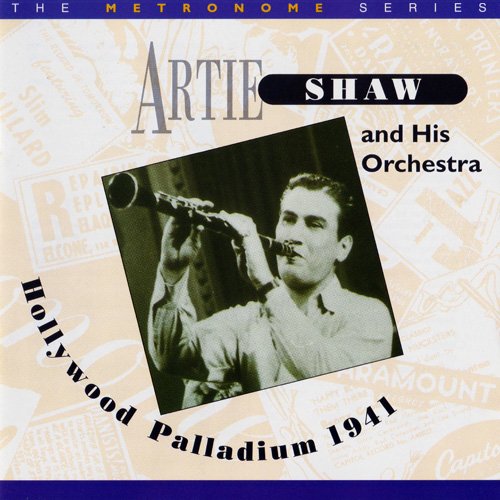
![Kannon - ...in a Sea of Fire (2026) [Hi-Res] Kannon - ...in a Sea of Fire (2026) [Hi-Res]](https://img.israbox.com/img/2026-02/06/031z27045ersqlp1m4v7qos7b.jpg)
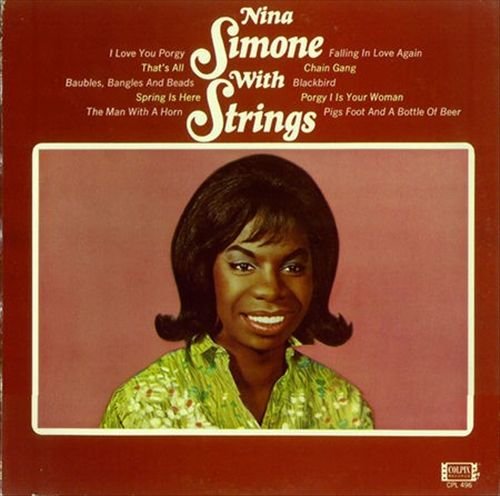

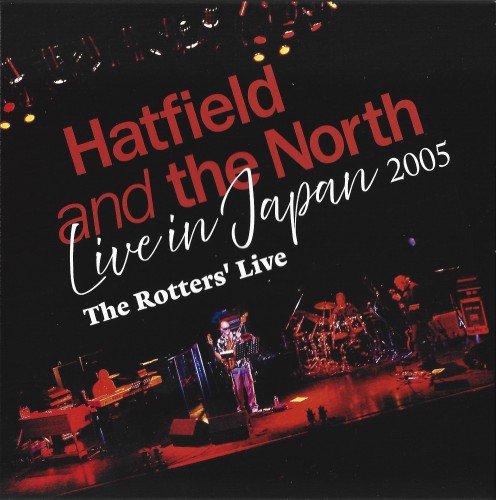
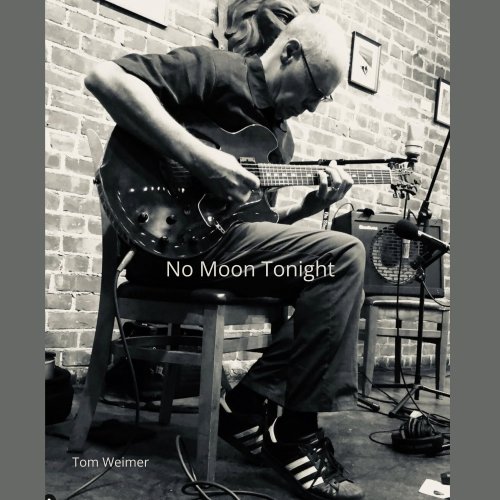
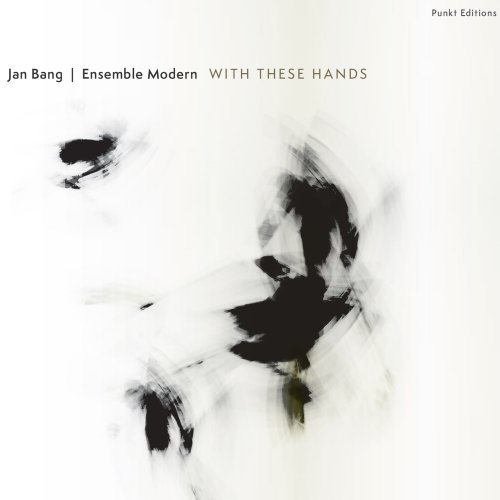
![Robert Jukic - Res Publica (2023) [Hi-Res] Robert Jukic - Res Publica (2023) [Hi-Res]](https://img.israbox.com/img/2026-02/09/mklto26c4c319bic6rmpb8kyz.jpg)
![Tyshawn Sorey - Monochromatic Light (Afterlife) (2026) [Hi-Res] Tyshawn Sorey - Monochromatic Light (Afterlife) (2026) [Hi-Res]](https://img.israbox.com/img/2026-02/09/o5oae6dg6j9xnkhwodjfrvr5v.jpg)